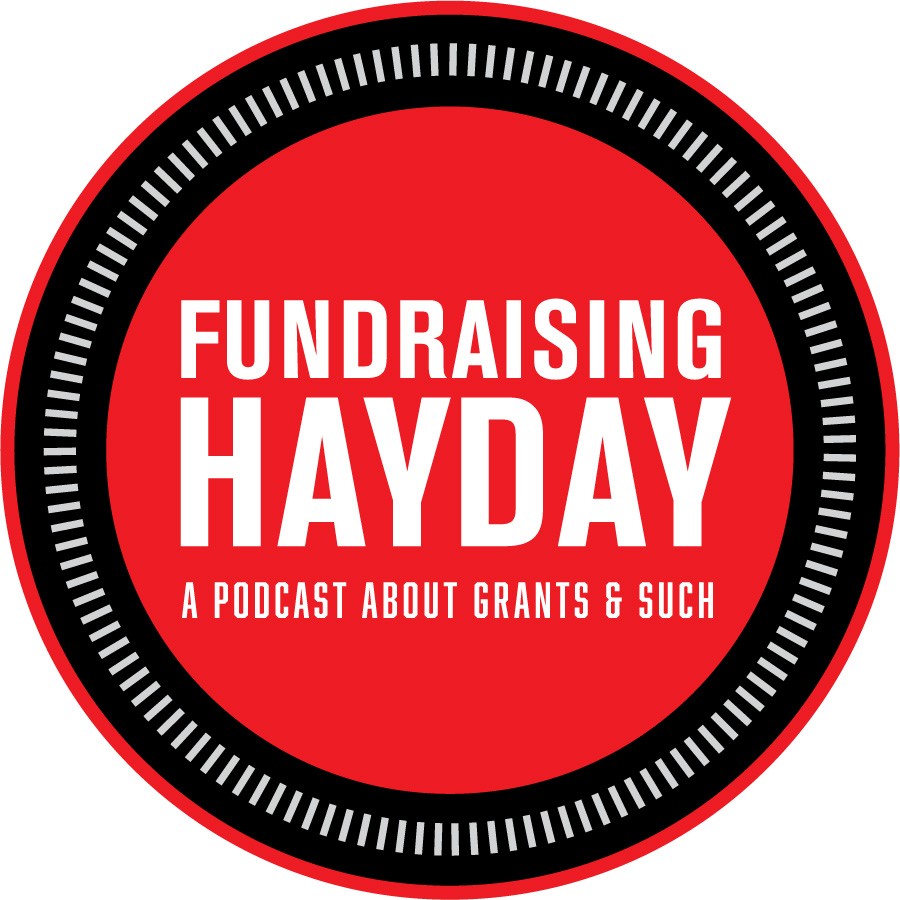HayDay Services is bringing you a series of “how-to” articles related to successful grant development.
Part 7: Evaluation
The evaluation section of your grant proposal is often one of the last sections of a grant application. At that point, you may be tired of coming up with a cleverly worded narrative to answer yet another set of questions, but now is not the time to just slap a few words on the page to get the thing out the door.
While many grant writers focus heavily on the project description and budget, a well-crafted evaluation plan demonstrates to funders that you take accountability seriously and have a concrete strategy to measure success.
Why Evaluation Matters
Funders want to know their investment will create meaningful impact. A strong evaluation plan shows you’ve thought carefully about how to measure outcomes, learn from the process, and demonstrate results. It transforms vague promises into measurable commitments.
And honestly, when it comes to grant management, funders care about two things:
- Did you do what you said you were going to do?
- Did you meet your objectives?
It’s the evaluation section of your proposal that details how you will inform your funder of your success and lessons learned along the way.
Core Components of Your Evaluation Plan
1. Clear Outcomes and Indicators
Start by defining specific, measurable outcomes that align with your project goals. Instead of writing “participants will learn job skills,” specify “80% of participants will master five core competencies in digital marketing, as measured by pre/post assessments.”
Good indicators should be:
– Quantifiable when possible
– Directly related to project objectives (see How To: Goals and Objectives article HERE)
– Realistic to measure within your timeframe and budget (see How To: Budgets article HERE)
– A mix of both outputs (immediate results) and outcomes (longer-term impact)
2. Data Collection Methods
Detail exactly how you’ll gather evidence of success. Common methods include:
– Surveys and questionnaires
– Pre- and post-tests
– Interviews or focus groups
– Observation rubrics
– Administrative data
– Participant tracking systems
For each indicator, specify:
– What data you’ll collect
– How often you’ll collect it
– Who will be responsible for collection
– How you’ll ensure data quality and consistency
3. Analysis and Reporting Plans
Explain how you’ll make sense of the data you collect. Include:
– Methods for analyzing quantitative and qualitative data
– Software or tools you’ll use
– Timeline for analysis
– Format and frequency of reports to stakeholders
– How findings will inform program improvements
4. Evaluation Team and Capacity
Demonstrate you have the expertise to execute your evaluation plan by describing:
– Who will lead the evaluation
– Their relevant qualifications
– Whether you’ll use internal staff or external evaluators
– Any evaluation partners or consultants
– Previous evaluation experience
5. Dissemination of Information
Detail how you will share results with your stakeholders, community members, and other organizations. Consider the following:
-Posting final evaluation results on your website
-Sharing details in press releases, blog posts, social media posts, and other media outlets
-Writing (and publishing) an article in a peer-reviewed journal
-Presenting at a professional conference or webinar
Common Pitfalls to Avoid
1. Over-promising: Don’t propose collecting more data than you can realistically manage. Focus on meaningful metrics you can consistently track.
2. Vague Metrics: Avoid subjective or unclear measures. “Participants will feel more confident” is weaker than “75% of participants will report increased confidence on standardized assessment.”
3. Missing Implementation Details: Include the nuts and bolts of how you’ll collect and manage data. Will you use paper forms or digital surveys? Who will input data? How will you maintain confidentiality?
4. Ignoring Budget Implications: Ensure your evaluation plan aligns with available resources. Include costs for:
– Staff time for data collection and analysis
– Evaluation consultants if needed
– Survey tools or software
– Incentives for participation
– Report preparation and dissemination
Tips for Success
1. Start Early: Begin planning evaluation while designing your project, not as an afterthought. Determine if you will evaluate your program in-house or hire a third party to do so. (And please note: some funders require you to hire a third party.)
2. Engage Stakeholders: Involve key partners and participants in designing evaluation measures to ensure buy-in and relevance.
3. Balance Rigor and Feasibility: While funders appreciate sophisticated evaluation designs, prioritize methods you can realistically implement. If you already have a method for collecting data, it’s okay to stick with that tried-and-true method. There is no need to recreate the wheel.
4. Plan for Learning: Explain how you’ll use evaluation findings to improve your program and inform future work. Build into your timeline thoughtful review of your findings so you can change programming, if needed, for a higher likelihood of success by project’s end.
5. Consider Equity: Address how your evaluation methods will be culturally appropriate and accessible to all participants.
A strong evaluation section shows funders you’re serious about measuring impact and learning from experience. Keep it focused, realistic, and aligned with your project goals. Remember that evaluation isn’t just about accountability – it’s an opportunity to demonstrate your commitment to continuous improvement and maximum impact for the communities you serve.
Remember to right-size your evaluation plan to your project scope and budget. A small pilot project doesn’t need an elaborate randomized control trial, while a major initiative may require more sophisticated methods. The key is demonstrating thoughtful planning and a clear commitment to measuring what matters.




